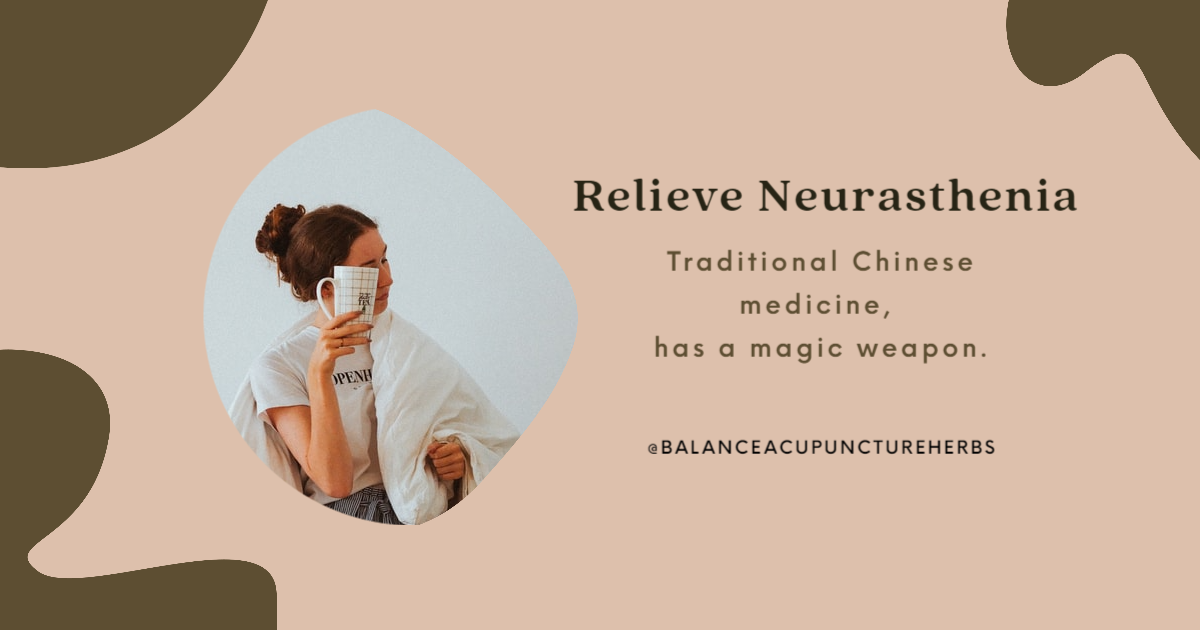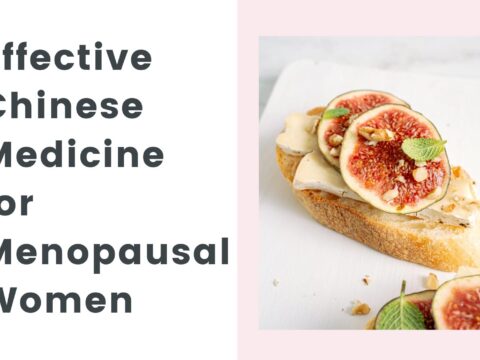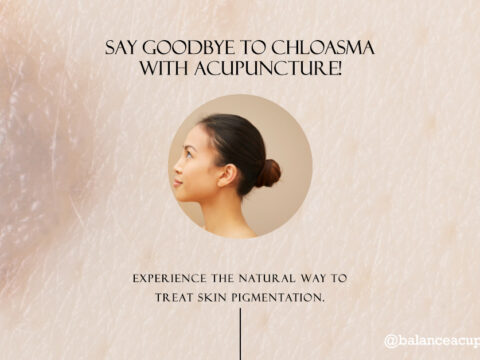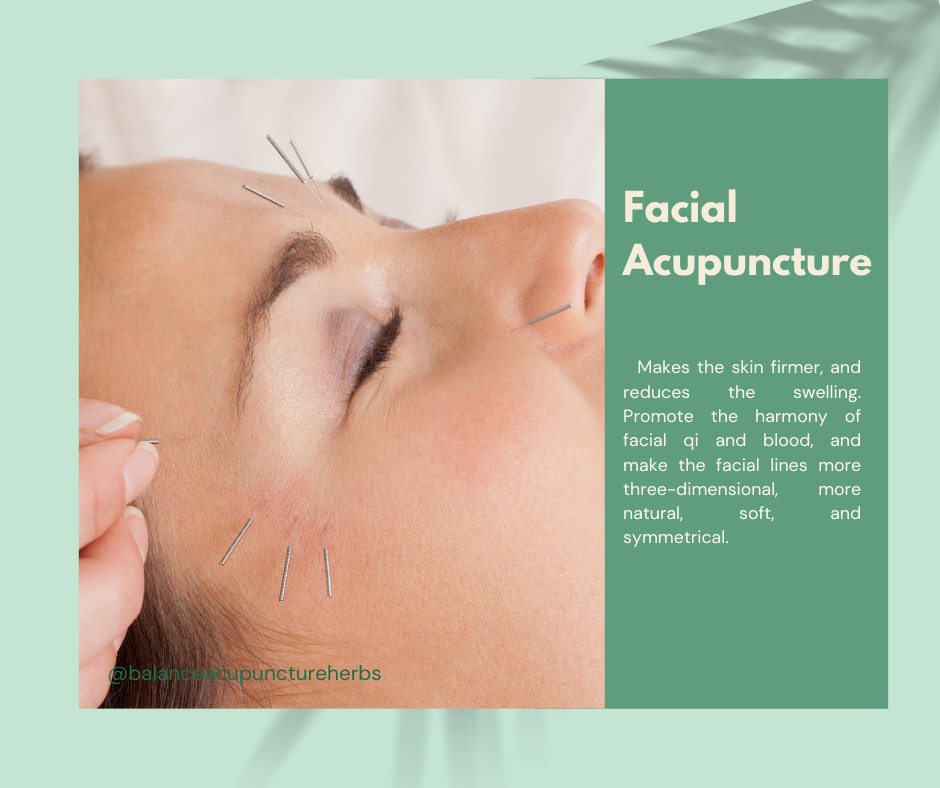
Facial Acupuncture: When to see the result?
May 2, 2022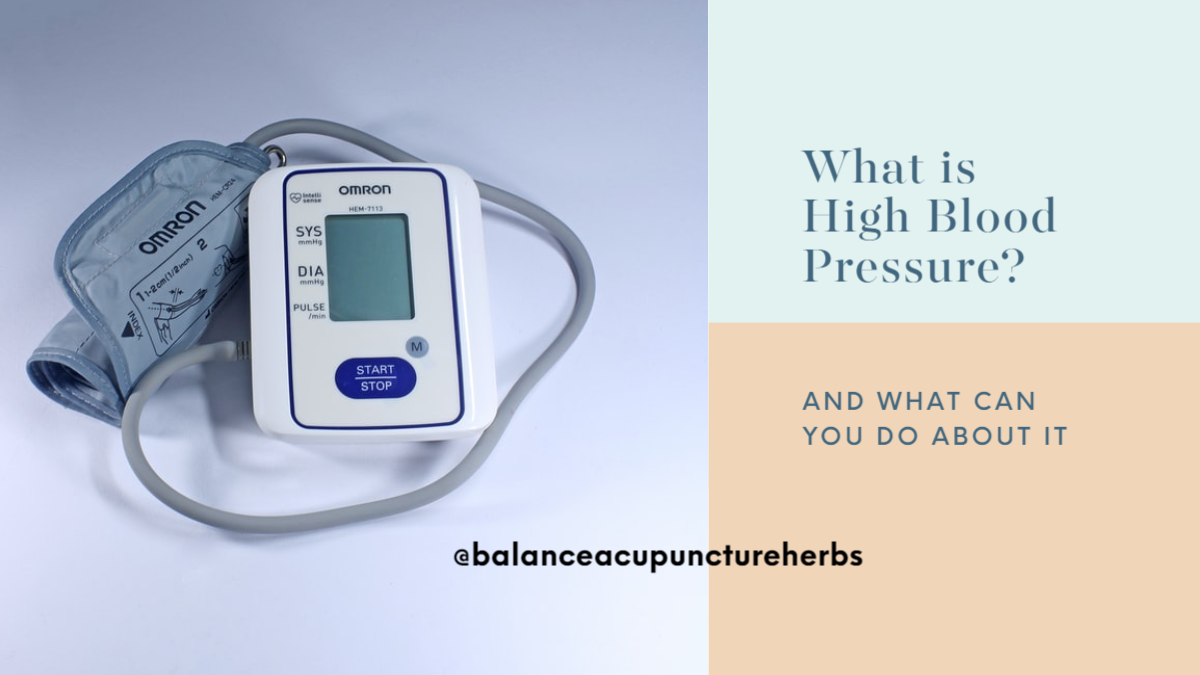
THE NECK IS SO TIGHT, AND IT HURTS. IS IT OKAY? WILL THERE BE A STROKE?
May 19, 2022|
Getting your Trinity Audio player ready...
|
Relieve Neurasthenia, TCM Has a Magic Weapon.
[Neurasthenia] Neurosis often has symptoms such as insomnia, nervousness, night sweats, etc., which belong to the light category, and severe anxiety disorders and depression. Based on the clinical experience of traditional Chinese medicine, most of the causes of this disease are related to the overuse of the brain. For example, excessive thinking and mental stress result in cardiac and renal function and nutritional disorders, or personality characteristics (being nervous) and social environment affected. It can be roughly divided into two groups:
1. Psychiatric symptoms of Neurasthenia: sleep disorders, such as difficulty falling asleep or being easily awakened and difficulty falling asleep after waking up. Weak memory, lack of concentration, emotional instability, hysteria in severe cases, and postpartum depression. Also easily irritated, weak-willed and often tired, and low work efficiency.
2. Physical symptoms: common headache, dizziness, heavy head, tremor of tongue, fingers, and eyelids, loss of appetite, indigestion, palpitations, rapid pulse, profuse sweating, impotence, and premature ejaculation, frequent nocturnal emission, and irregular menstruation.
Traditional Chinese medicine has always emphasized syndrome differentiation and treatment. In the diagnosis and treatment, neurosis is divided into four syndromes. As a result, patients will have different manifestations. The treatment principles are also adjusted according to the kind of syndrome:
Liver qi stagnation syndrome: the liver has the function of dredging and venting, and the emotions will damage the liver and cause liver stagnation. Its main manifestations are easy to irritate, mental depression, doubts, and worries, negative thoughts, dizziness, decreased physical strength, and poor appetite.
Deficiency of the heart and spleen: Both the heart and spleen are deficient, mainly manifested as restless sleep at night, pale complexion, mentality, loss of appetite, palpitations, forgetfulness, thin white tongue coating, fatigue, yellow face, and thin and weak pulse.
Syndrome of Liver-kidney deficiency: The liver and the kidneys multiply each other physiologically. The deficiency of kidney yin will lead to a deficiency of liver yin. As a result, patients often have poor memory, are quickly tired, and are prone to soreness and weakness in the limbs (especially the waist and knees), or even dizziness.
Syndrome of yin deficiency with effulgent fire: refer to the pathological changes caused by the loss of yin-essence and the hyperactivity of the fire.
In addition to applying herbal medicines according to the symptoms, patients are also advised to consider health preservation. Such as going to the suburbs to breathe fresh air, because the negative ions in these places are intense, which can make people feel refreshed, and moderate exposure to sunlight can help relieve physical and mental stress. The daily diet should be light, preferably fruits and vegetables, less strong tea and stimulant beverages, and avoid spicy, sweet, and greasy items and indiscriminate supplements. Maintain adequate sleep, smooth bowel movements, drink more warm water, and reduce sleeplessness. According to traditional Chinese medicine, the Liver Meridian dominates the relationship between the Beginning of Spring and the Beginning of Summer, and neurasthenia is related to the liver. Therefore, it is the prevalent period of the disease, and attention must be paid to nourishing the liver. Therefore, all are liver-nourishing foods and can be eaten in moderation.
Acupoints health care for Neurasthenia:
a. PC7 (Daling): relieve headache, chest and hypochondriac pain, insomnia, acupoint selection: the middle point of the wrist and horizontal palm lines.
b. PC6( Neiguan): Regulate Qi and reduce inversion, calm the heart and soothe the mind. Acupoint selection: two inches above the middle of the wrist joint pattern, between the two tendons.
c. KD3 (Taixi): improve blood circulation, insomnia, acupoint selection: the depression between the ankles in front of the feet.
d. KD7 (Fuliu): warming the kidneys and strengthening yang and improving night sweats, acupoint selection: Taixi acupoint is two inches straight up.
e. EM5(Taiyang): eye fatigue, headache, acupoint selection: the central depression at the end of the eyebrow and the back of the eye.
Matters needing attention: It is not advisable to press acupoints when you are too hungry, too full, or pregnant. When pressing the acupoints on the feet, the feet can be soaked simultaneously, which helps to improve the blood flow of the heart and strengthen the effect of pushing the acupoints.

